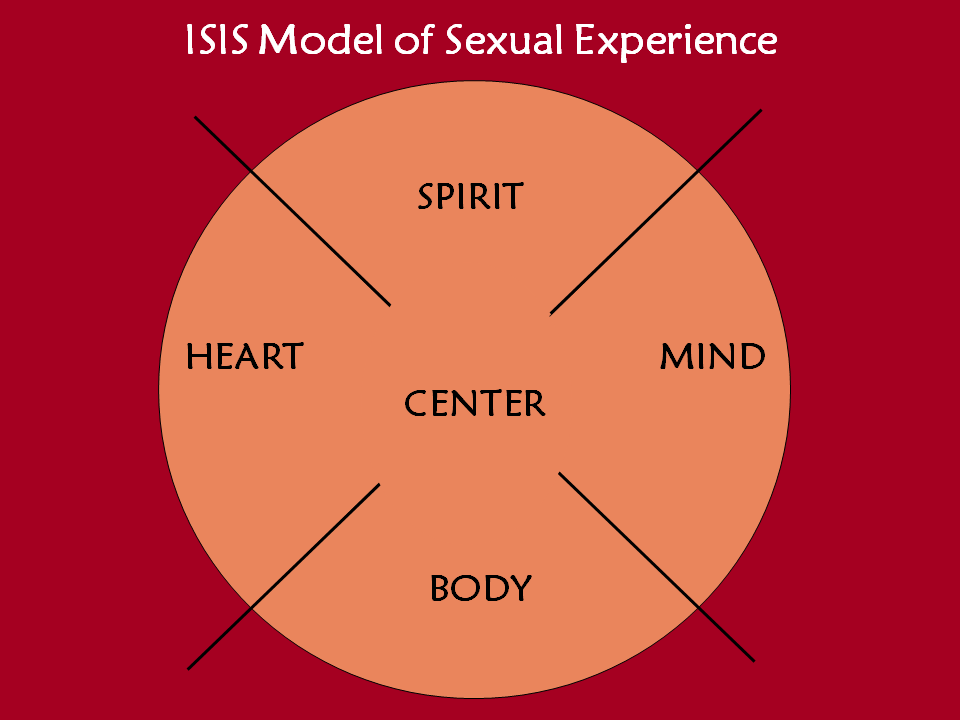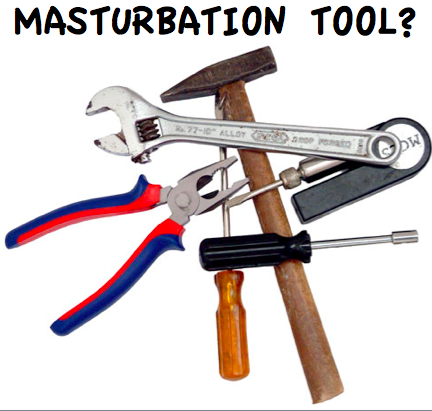Are We All Sexually Dysfunctional?
/ At the recent sexuality conference I attended, my friend and colleague Gina Odgen spoke about her “ISIS Wheel.” ISIS is an acronym for “integrating sexuality and spirituality.” Gina is a sex therapist, author, and shaman, and her ISIS Wheel is a like a medicine wheel and a compass, applied to sexual experience and satisfaction. Above is an image of the ISIS Wheel.
At the recent sexuality conference I attended, my friend and colleague Gina Odgen spoke about her “ISIS Wheel.” ISIS is an acronym for “integrating sexuality and spirituality.” Gina is a sex therapist, author, and shaman, and her ISIS Wheel is a like a medicine wheel and a compass, applied to sexual experience and satisfaction. Above is an image of the ISIS Wheel.
Visualize yourself standing before a life-sized ISIS Wheel. Now reflect on your sexual experiences and sexuality and consider how you like to enter these experiences. Is it through the “body” realm and pleasurable sensations, such as heightened body awareness, the sounds of your partner’s arousal, or orgasm? Think back to the first time you had sex. Perhaps there was a “mind” component motivating you, such as curiosity or expectation. The “heart” component, about emotions, is strong for many and varies from the extremes of love and trust, to guilt and fear. For some, the “spirit” path is most motivating, when they exchange sexual energies and deep connection with their partner.
The foundation for Gina’s ISIS Wheel is sexual health, not sexual dysfunction. This means that despite any concerns people have in their sex lives, it is all just part of their sexual story that can be mapped and explored through the wheel. Framing sexual concerns as stories instead of dysfunction gives individuals and couples more freedom to explore the complexity of their sexual experiences, without judgment. Clearly, sex through the lens of the ISIS framework is about a lot more than physical release or performance.
The “ISIS connection” is when all four aspects of the wheel meet in the center. However, any experience is just as valid as the next. When we view a sexual “problem” as part of a sexual story and journey, it makes it a lot easier to address it head on, in all its layers of complexity. I suggest taking this wheel for a spin to learn more about you and your partner!
~Dr. Jenn Gunsaullus, San Diego, CA -- Sex Therapist, Marriage Counselor, Sex Speaker, College Sexual Health Speaker










































